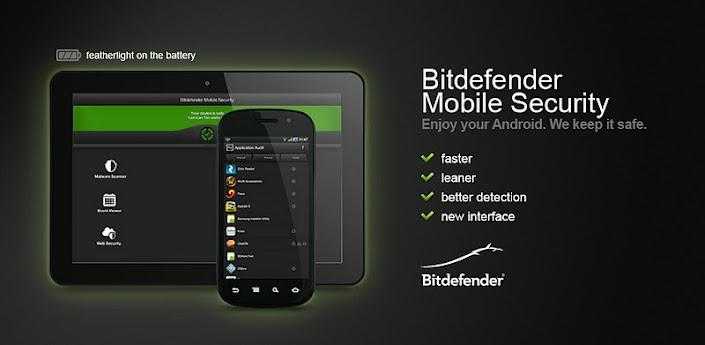9 tips on how to protect your mobile device on vacation
We all travel, more or less, and we always rejoice when we have the opportunity to escape from everyday life. We choose the destination, make the travel plan, prepare the luggage and choose the IT&C equipment to take with us. During the holidays, mobile phones and tablets are becoming the most used electronic devices, and the challenges and threats associated with them are different and require a special approach.
The main problems that may arise are theft, loss of devices, downloading applications containing viruses, stealing sensitive information and targeting compromised websites and documents.
An effective security solution is crucial, but additional measures are equally important. Here is a list of best practices that keep your data protected during the holidays.
Be careful what applications you download and where
Download apps only from the official stores of operators and manufacturers such as Google Play and the Apple App Store. Software from unofficial distributors can infect your phone or tablet and send private information to third parties.
On vacation, in unfamiliar areas, you might be tempted to download apps that help you find different locations such as restaurants, hotels or museums. But trust only those from authorized sources. To avoid downloading unsafe applications by mistake, check the terminal configuration by accessing SETTINGS, SECURITY and making sure the option is SOURCES UNKNOWN is NOT checked.
Only access safe hot spots
Often, when traveling, the internet is not at home and we end up enjoying any unsecured public wireless hotspot. But beware because they are vulnerable to traffic interceptions and the spread of viruses, as they are not password protected and can be accessed by anyone. Imagine that someone nearby is intercepting your data packets and seeing everything you do on the internet. Make sure Wi-Fi and Bluetooth are turned off when not in use. These will consume battery power and can facilitate unauthorized access to data on your mobile device.
Turn off the mobile data service when not in use
Roaming internet services are very expensive, and a social networking application that tries to update every five minutes will cost more than the entire data plan purchased.
Do not publish on social platforms details about where you are
If you regularly update your social media accounts and constantly share where you are and what you are doing, carefully configure others' access to your profile information. If this is not accessible only to friends, you may end up divulging information that can be used by criminals, such as telling completely foreign people that you are not home. Would you agree to put up big posters all over town to make your place public?
It is best not to tell the public what your home address is. Otherwise, I think we all like to boast about the places we visit.
Pay attention to offers that are too good to be real
If you suddenly get incredibly attractive deals with luxury hotels at very low prices, apartment reservations or mobile phone recharge deals, ignore them. Clicking on the links included in the emails can infect your phone or tablet and entice you to fill out forms with personal information.
Protect your terminal with passwords and encryption options
If someone steals or finds your cellphone, make it difficult for the person to access the stored information. Encrypt the data with dedicated software or - if the device allows it - with the encryption option available in the terminal. Use anti-theft software to find your phone, lock it or delete information from it remotely.
Online transactions using unsecured hotspots are risky
Authentication in any bank account involves sensitive data. Typing sensitive data during unsecured connections is risky, as traffic can be tracked by unauthorized persons. For secure banking you can use a laptop, and if it runs Windows, a dedicated solution like Safepay helps you perform banking safely.
Alternatively, you can use a local SIM card to use the Internet package and to perform all sensitive transactions through 3G.
Do not access links or documents attached to random emails. Just like on your computer, emails can have attached documents that contain viruses for mobile terminals, and clicking on such a link can install dangerous software on your phone.
Install a virus protection program
Installing an anti-virus solution and a personal data protection solution is imperative. However, choose a reputable source and follow the vendors that also offer PC security solutions to avoid fake security solutions.
Keep the software updated
By keeping your operating system and applications updated, make sure you have the latest software versions to deal with the latest threats.
For the protection of mobile devices with Android, Bitdefender recommends using the complete Bitdefender Mobile Security security solution.

